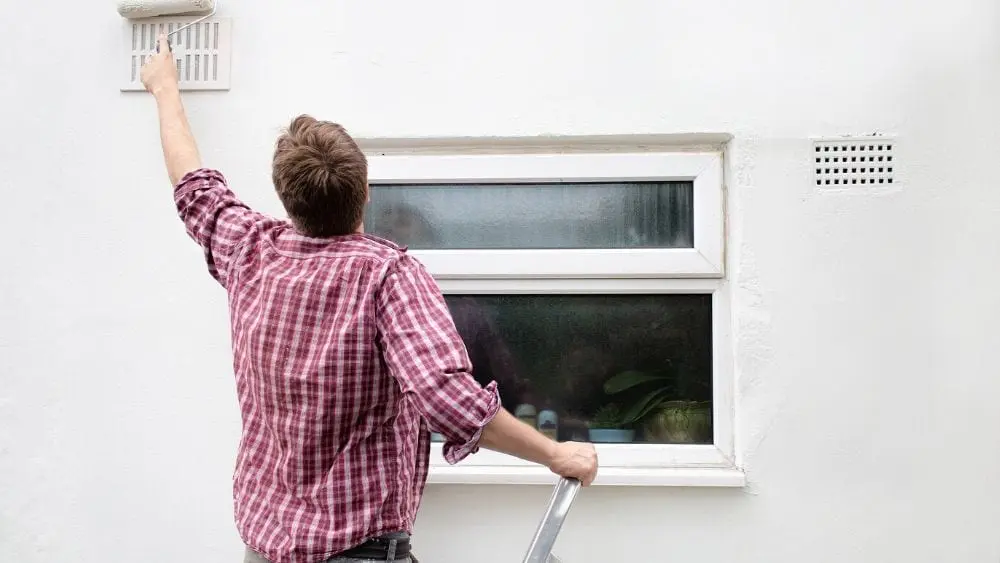
You’ve probably heard that Millennials aren’t buying homes.
In fact, Millennial homeownership rates are at all-time lows: according to the Pew Research Center, 2014 marked the first time in more than 130 years that young adults were more likely to be living with their parents than in their own home.
“For the Millennial population, many of the trigger moments that would typically impact purchasing a home are delayed,” says Amy Alexander, sales and marketing director for Sublime Homes, an Indiana homebuilder. “Many Millennials are choosing to live at home longer because of high college debt. Many Millennials live in an urban setting and think it is easier to rent because their lives are nomadic, changing jobs and cities more frequently than their parents’ generation. They are also getting married later and having children later, which often prevents the need to buy a home.”
If you’re a Millennial, you should know that buying a home isn’t a long-lost idea. You can — and should — buy a home. Building one is even better. Here’s more on why Millennials should build a new home:
Done Right, From the Start
“Why would you want to live with someone else’s problems or with someone else’s décor?” asks Amy Alexander. “For about the same amount of money, you can build a home with your own style and have better energy efficiency, saving you money in the long run.”
When you build a new home, you can choose the floor plan that’s right for you, the options that will personalize the space to your tastes and you can make changes right from the start. There’s no need for renovations down the road since you can anticipate any changes to your life and choose a floor plan accordingly. You won’t get that with a resale home, which you and your family must adjust to.
“An existing home may not lend itself to a young buyer that may not be able to see the potential in a 1970-s or 1980s-era shabby chic fixer-upper,” says Michael Alexander, president of Infiniti Financial Group, a mortgage brokerage in Deerfield, Ill. “Along those same lines, renovating takes time and money — most of the time this money either comes in the form of cash, which may be in short supply or in high-interest credit cards, which may make some families house poor.”
Building a new home also means Millennials can live in a home that’s much more energy-efficient than older homes. Builders are using the latest building techniques to ensure a more efficient home and Millennials can also choose materials that are greener, and healthier, than resale homes.
The Money Factor
It’s understandable that many Millennials aren’t buying homes. Doing so requires money. Good credit, saving enough for a down payment and having a decent DTI (debt-to-income ratio) with school loan debt are all hurdles that Millennials face.
“I think (Millennials) are nervous about making such a large investment and have not been taught what it means to own a home,” says Amy Alexander. “Additionally, they think that with large outstanding debt-to-school loans, for example, that they won’t qualify. It’s really important to connect with an informative and smart mortgage broker that will spend the time with his or her clients and explain the buying and finance process. Oftentimes, it is much more affordable than they think.”
Michael Alexander agrees. “From a financial point of view, once a plan is laid out and all of the benefits, as well as tax savings, are explained, it is much more prudent to own versus rent. For almost every family, real estate is the single biggest investment that they make. Looking at your home as not only as a place where you live but as well as a savings plan, make homeownership a clear choice.”
So, it’s likely many Millennials do want to own, rather than rent, but simply can’t come up with a down payment. This is the tricky part. To build a home in November 2016, the median price was $304,500. That means even a 3.5 percent down payment is $10,657.50. That’s not chump change. Luckily, there are many programs out there to help — it just takes investigating.
Down payment assistance programs can help buyers with down payments and closing costs, down payment grants, low-interest loans and more. .
It’s also important to find a mortgage broker who can help you navigate the financial process. Even if you don’t have the available funds, they can help you get started with a savings plan or help you clean up your credit.
Building a new home doesn’t just mean homeownership; it means freedom: financial freedom and stability, freedom to choose a home that’s perfect for you and the freedom to make a house a home.
 Ho, Ho, No: Holiday Hosting Approved by The Grinch
Ho, Ho, No: Holiday Hosting Approved by The Grinch